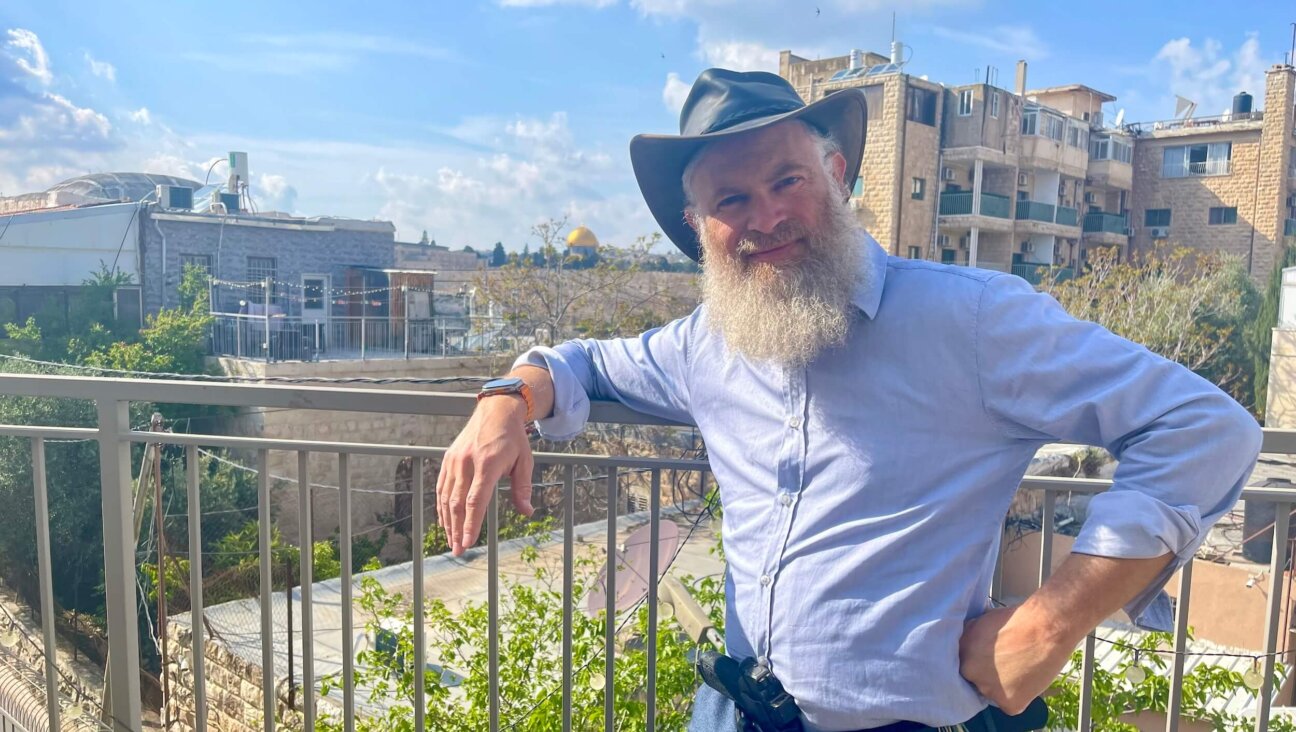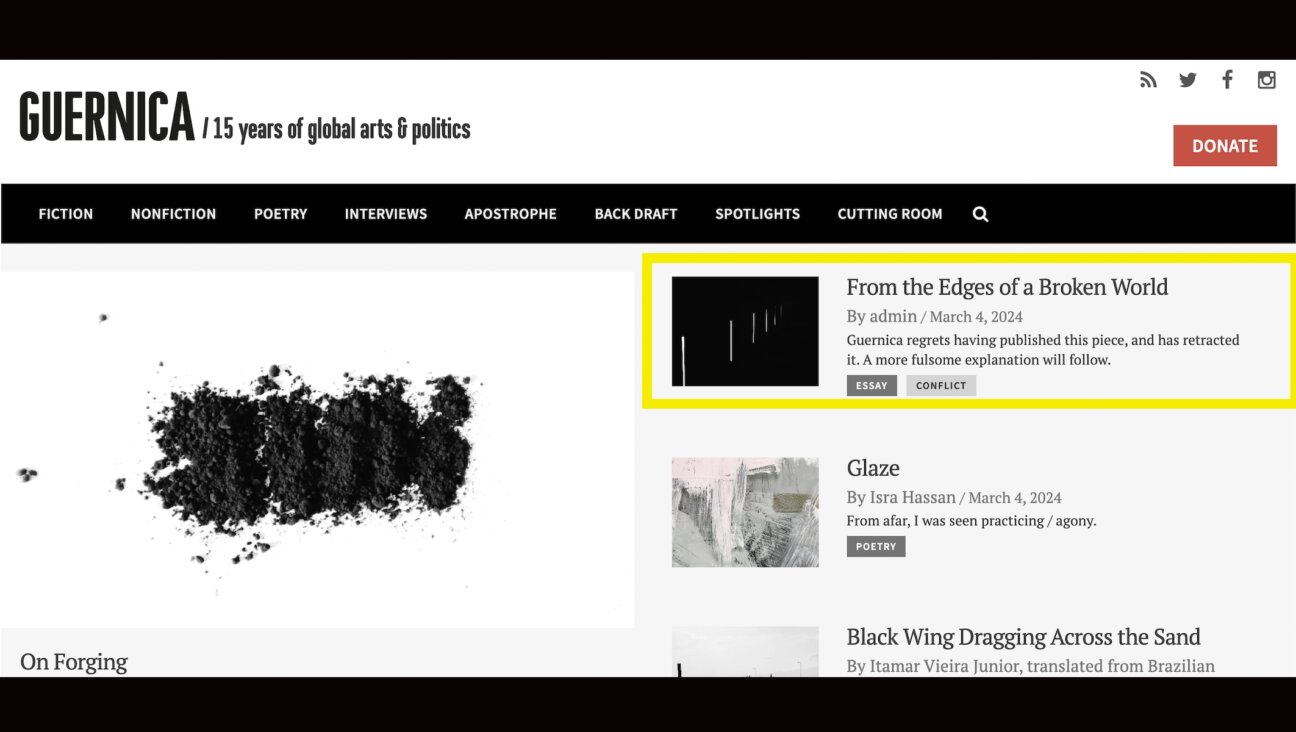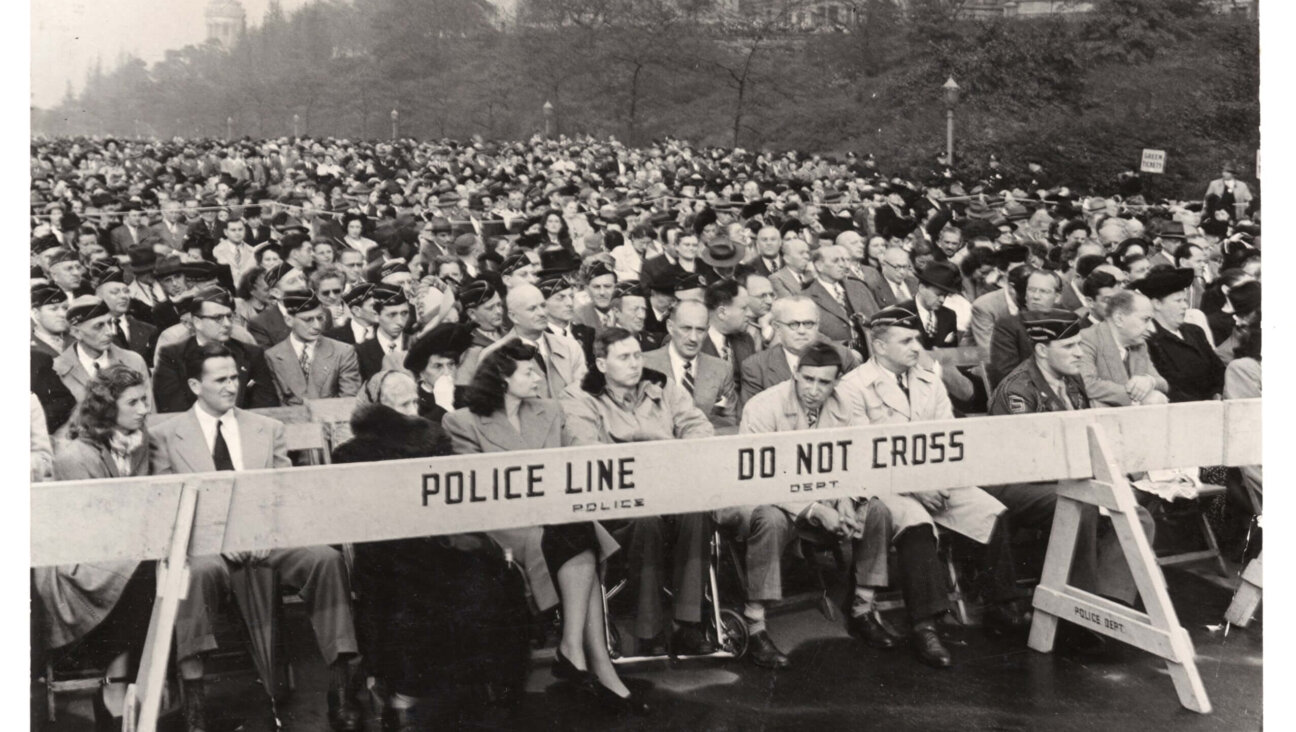In Case of Emergency

I got married last year. So it made sense that recently, when I went to a new doctor, I would put my husband as my emergency contact rather than my mom, who was across the country, in Los Angeles.

I wasn’t at the doctor for anything serious, just a gluten-intolerance-related check-up with a new gastroenterologist. I had been to a series of doctors’ offices since I moved to New York, because of shifts in neighborhoods and insurance, and this waiting room, with its Southwest color palette and outdated magazines, looked and smelled identical to the rest. I whizzed through the form, having filled out many over the years — no to cholesterol, yes to history of cancer, no to medications — until I hit the “in case of emergency” section at the bottom.
This was a tough decision. Yes, my husband and I live together. And yes, he is my spouse, my partner in sickness and health.
And yet, I had trouble writing down his name. Our marriage notwithstanding, there is a good chance that if anything serious actually happened, my mom might make it to the hospital in Brooklyn faster, even with the transcontinental flight, than my husband would from his midtown office.
In his defense, medical scares play an unusually strong role in the emotional life of my family. Something as simple as a sinus infection or stomach flu becomes an epic cause, and our tiny tribe rises up and comes together in order to fend off the impending crisis. The psychology is similar to what a Florida town must feel right after a hurricane: There is pain, but there is also a clarity of vision that somehow had been forgotten before the storm.
Prior to becoming a Mrs., I had continued to pen in my mom and her 310 area code number on the new-patient form. The fact that I was in my late 20s and across the country did not feel like a strong enough reason to break this tradition. Rituals run deep, and medical scares have been our totems for as long I can remember.
Among my grandmother and her five sisters, feuds were reconciled not through rational conversation, but through sickness. Someone’s got a rash? Baby born with jaundice? They would quickly mobilize, their phones wildly ringing with updates, sometimes accurate but often a bit fabricated, from the doctor. They passed this on to my mom and aunt. After they didn’t speak to each other for a week or even a month, news of an infection would spread quickly, and my aunt would suddenly be calling hourly to ask how we were doing. There was nothing like an illness, innocuous as it might have been, to make our family feel as one.
For most kids — and adults, for that matter — doctors’ offices are places to fear. For me, the occasional needle notwithstanding, they were moments to cherish, when the stability and love I imagined in the families I drew with crayons lifted off the page and became real. Time spent in waiting rooms always felt special. It would be just my mom and me — my three siblings at home — her skinny hand in mine. We were so filled with purpose, our places in the world well defined, the love indisputable.
This continued on past my childhood. My parents fought often before separating when I was 15, getting back together and then later divorcing when I was 22. I rarely got a sense of marital harmony when I would phone from the Midwest during college. But when I reported that I had mono or insomnia, the fractures vanished, and Mom and Dad once again became a team — a duo dedicated entirely and unselfishly to me.
I have no doubt that part of my attraction to my husband is his emotional sobriety. He is slow to boil, but also slow to thaw, and I trust his judgment in most cases. Health issues are most often no big deal to him. If something serious does happen, it is handled with a grace and peaceful acceptance. When I chose him, I was conscious of the fact that I was ready to leave generations of chronic worrying behind me in order to become a new and improved Jewish mother — one who felt safe and steady in the world around her.
But there in the waiting room, glancing nervously at the dull fish tank, I wasn’t so sure. Yes, I wanted my kids to live in a world where stitches are stitches and not our family’s personal hurricane. But maybe I wasn’t really ready to let that go for myself: For three decades of my life, health scares have been a chance to feel recognized, important and truly unconditionally loved. Was I really ready to put an end to it all?
I finally did write down my husband’s name and phone number on the form, and cried while I did it, wishing my mom’s skinny hand were there to hold mine as I experienced that quiet discomfort on my own.
Elissa Strauss is a frequent contributor to the Forward.

I hope you appreciated this article. Before you go, I’d like to ask you to please support the Forward’s award-winning journalism this Passover.
In this age of misinformation, our work is needed like never before. We report on the news that matters most to American Jews, driven by truth, not ideology.
At a time when newsrooms are closing or cutting back, the Forward has removed its paywall. That means for the first time in our 126-year history, Forward journalism is free to everyone, everywhere. With an ongoing war, rising antisemitism, and a flood of disinformation that may affect the upcoming election, we believe that free and open access to Jewish journalism is imperative.
Readers like you make it all possible. Right now, we’re in the middle of our Passover Pledge Drive and we need 500 people to step up and make a gift to sustain our trustworthy, independent journalism.
Make a gift of any size and become a Forward member today. You’ll support our mission to tell the American Jewish story fully and fairly.
— Rachel Fishman Feddersen, Publisher and CEO
Join our mission to tell the Jewish story fully and fairly.
Our Goal: 500 gifts during our Passover Pledge Drive!

























